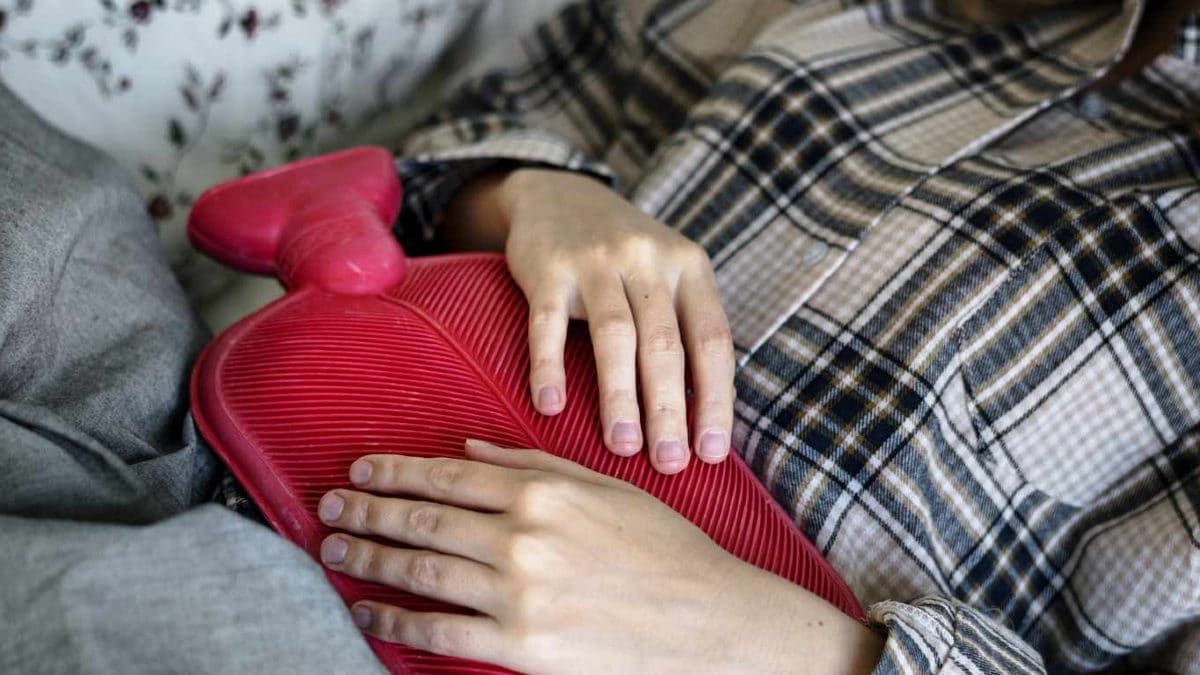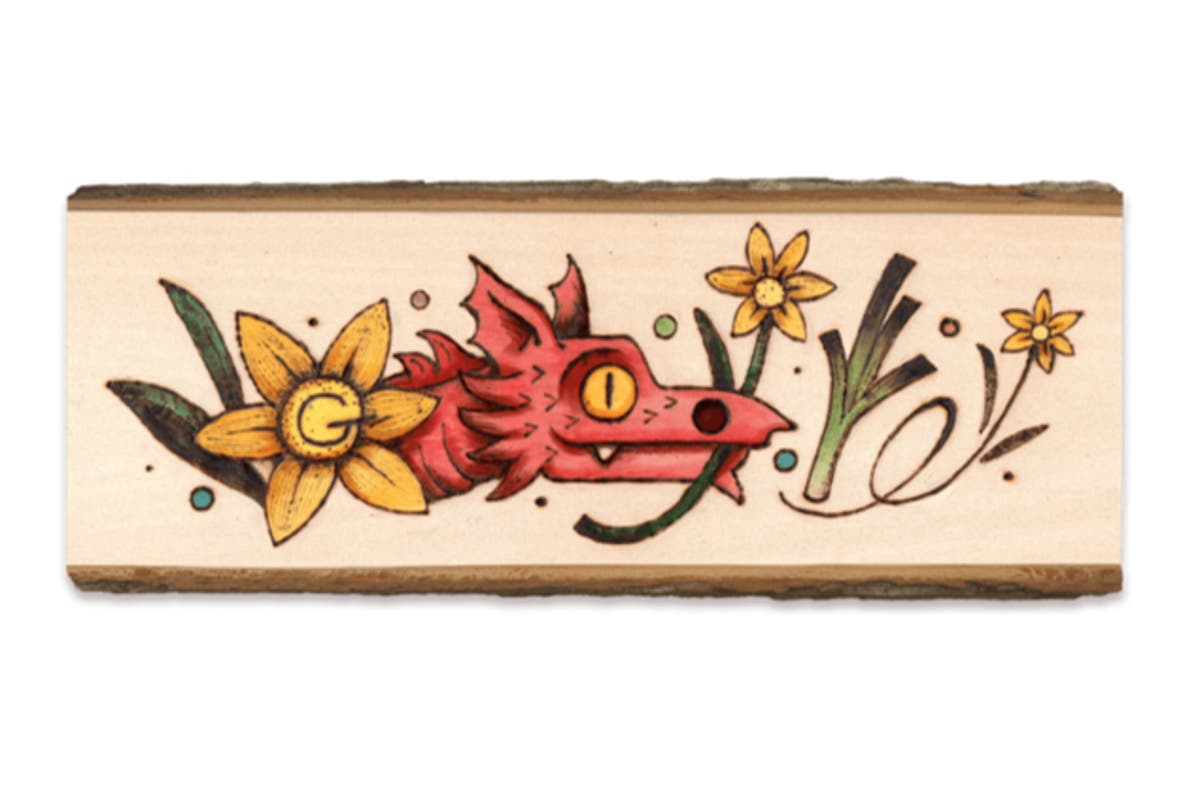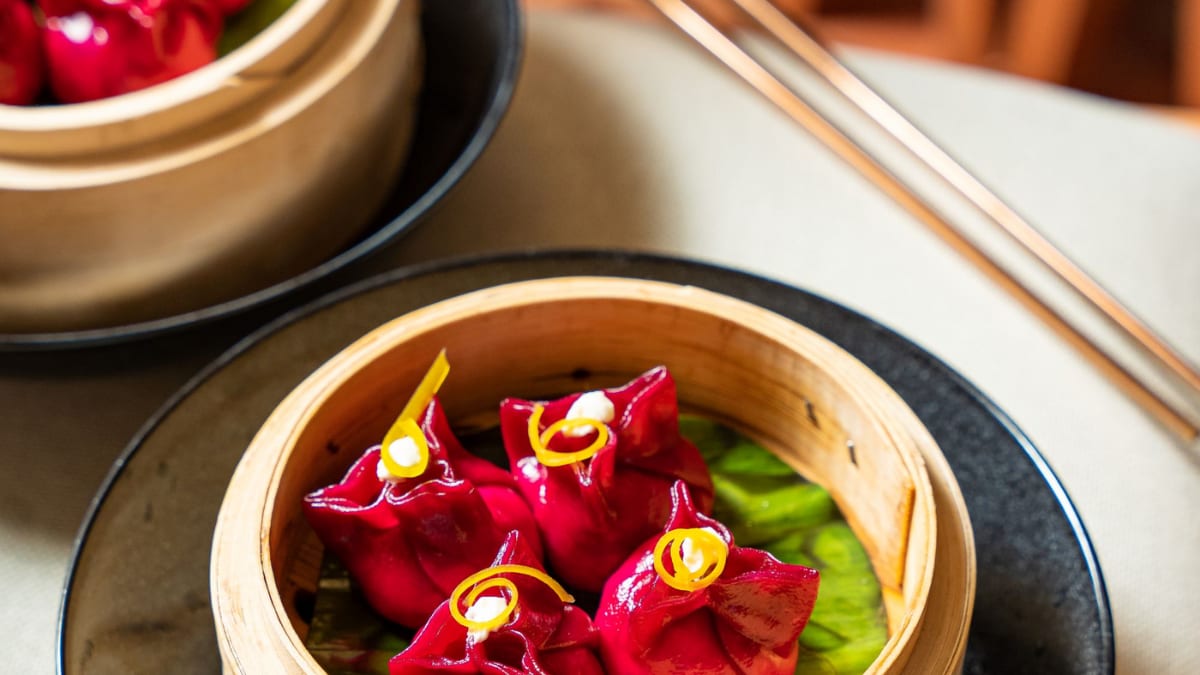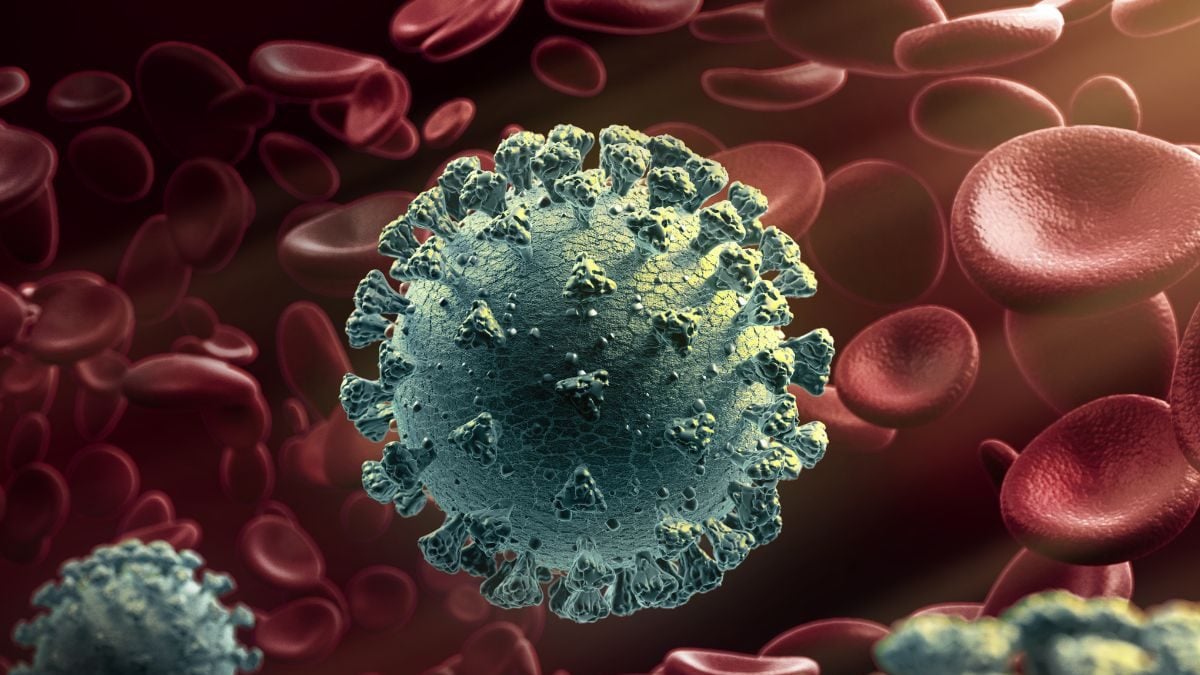Discover natural remedies to relieve menstrual pain that prioritize your well-being.
Although over-the-counter pain relievers can be helpful, some people prefer to use natural solutions to relieve pain.
Menstrual pain or dysmenorrhea can be a debilitating experience for many women. While over-the-counter pain relievers can be effective, some people prefer natural remedies to relieve discomfort. These are the five best natural remedies to relieve menstrual pain:
heat therapy
Applying heat to the lower abdomen is a well-known remedy to relieve menstrual pain. The heat helps relax the muscles of the uterus, which can reduce the severity of cramps.
- Hot water bottle or heating pad:Place a hot water bottle or heating pad on your lower abdomen for 15 to 20 minutes. Make sure the temperature is comfortable to avoid burns.
- Warm bath:Taking a warm bath can also provide relief. Adding a few drops of essential oils such as lavender or chamomile can enhance relaxation.
- Warm compress:If you don't have a heating pad, you can make a warm compress by soaking a towel in hot water, wringing it out, and placing it on your abdomen.
Studies have shown that heat therapy can be as effective as ibuprofen in reducing period pain.
herbal teas
Certain herbal teas have properties that can help reduce menstrual pain. They work by promoting relaxation, reducing inflammation and providing a calming effect.
- Camomile tea:Chamomile is known for its anti-inflammatory and antispasmodic properties, which can help relax the uterus and reduce cramps.
- Ginger tea:Ginger has anti-inflammatory properties and can reduce the production of prostaglandins, responsible for causing menstrual pain.
- Mint tea:Peppermint has muscle relaxing properties that can help relieve pain and reduce the severity of cramps.
Drinking 1 or 2 cups of these herbal teas daily during your menstrual period can provide significant pain relief.
Regular exercise
While it may be the last thing you feel like doing, regular exercise can help reduce period pain. Physical activity increases blood circulation and releases endorphins, which are natural pain relievers.
- Aerobic exercises:Activities such as walking, running, or swimming can improve circulation and reduce cramps.
- Yoga:Specific yoga poses, such as child's pose, cat-cow stretch, and reclining twist, can stretch and relax muscles, relieving menstrual pain. Exercising regularly, not just during your period, can help maintain a healthier menstrual cycle and reduce cramp intensity.
Dietary adjustments
What you eat can have a significant impact on your period pain. Certain foods can help reduce inflammation and promote overall health.
- Omega-3 fatty acids:Omega-3s, found in fish such as salmon and mackerel, as well as flax seeds and walnuts, have anti-inflammatory properties that can reduce menstrual pain.
- Foods rich in magnesium:Foods like leafy green vegetables, nuts, seeds, and whole grains can help relax muscles and reduce cramps.
- Avoid caffeine and sugar.Reducing your caffeine and sugar intake can help control the bloating and discomfort associated with menstruation.
A balanced diet rich in anti-inflammatory foods can significantly relieve menstrual pain.
Acupuncture and acupressure
Acupuncture and acupressure are traditional Chinese medicine techniques that have been used for centuries to manage pain, including menstrual cramps.
- Acupuncture:It involves inserting fine needles into specific points on the body to balance the flow of energy and reduce pain. Studies suggest that acupuncture can significantly reduce the intensity of menstrual pain.
- Acupressure:Similar to acupuncture but without needles. You can apply pressure to specific points on the body, such as the space between your thumb and index finger, to relieve pain.
Both techniques can help improve blood flow and reduce muscle tension, offering relief from menstrual pain. Incorporating these natural remedies into your routine can provide significant relief from period pain and improve your overall well-being. However, it is always advisable to consult with a health professional before trying new treatments, especially if you have any underlying health conditions.
Inputs by Dr. Tejal Kanwar, Gynecologist and Consultant at Ujaas (a menstrual health and hygiene management social enterprise)












